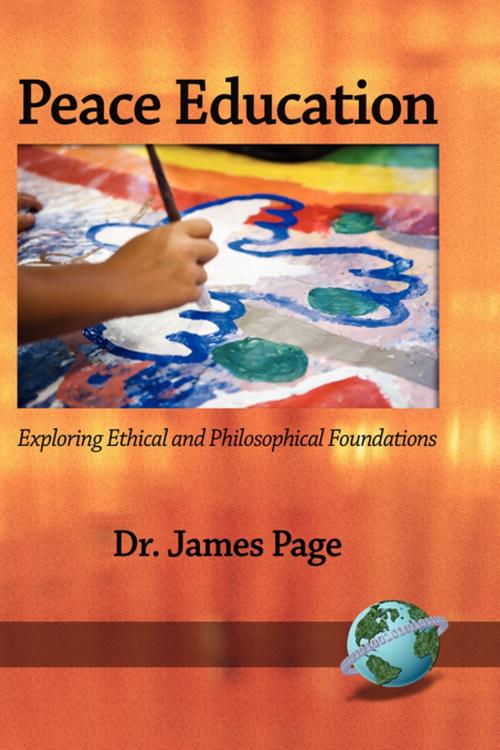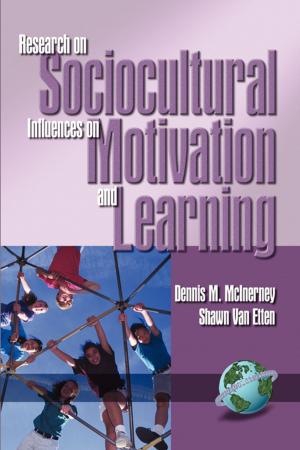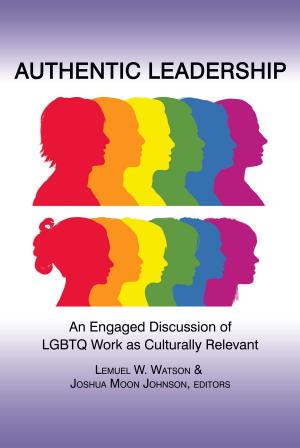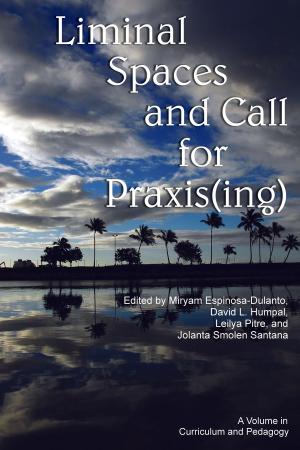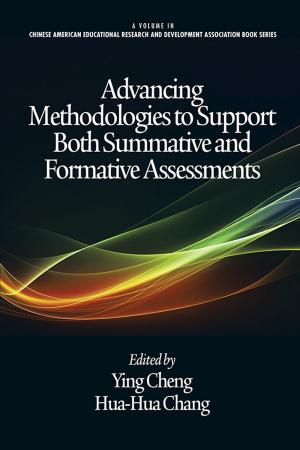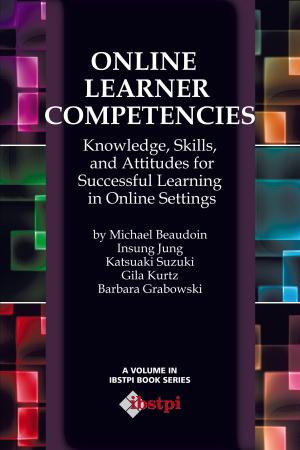Peace Education
Exploring Ethical and Philosophical Foundations
Nonfiction, Reference & Language, Education & Teaching, Social & Cultural Studies, Political Science| Author: | James Page | ISBN: | 9781607529293 |
| Publisher: | Information Age Publishing | Publication: | September 1, 2008 |
| Imprint: | Information Age Publishing | Language: | English |
| Author: | James Page |
| ISBN: | 9781607529293 |
| Publisher: | Information Age Publishing |
| Publication: | September 1, 2008 |
| Imprint: | Information Age Publishing |
| Language: | English |
Peace education is now well recognized within international legal instruments and within critical educational literature as an important aspect of education. Despite this, little attention has been given in the critical literature to the philosophical foundations for peace education and the rationale for peace education thus remains substantially an assumed one. This investigation explores some possible ethicophilosophical foundations for peace education, through an examination of five specific ethical traditions: 1) virtue ethics, whereby peace may be interpreted as a virtue, and/or virtue is interpreted as peacefulness, and peace education as education in that virtue; 2) consequentialist ethics, whereby peace education may be interpreted as education regarding the consequences of our action and inaction, both as individuals and collectivities; 3) conservative political ethics, whereby peace education may be interpreted as emphasizing the importance of the evolution of social institutions and the importance of ordered and lawful social change; 4) aesthetic ethics, whereby peace may be interpreted as something beautiful and valuable in itself, and peace education as emphasizing the importance of that beauty and value; and 5) the ethics of care, whereby care may be interpreted as a core element in peace, and peace education as encouraging trust and engagement with the other. The study addresses major contributions to each of these ethical traditions, the strengths and weaknesses of the tradition, and the ways in which the tradition provides support for peace education. It is argued in the thesis that each tradition provides only a partial basis for peace education, and that ultimately a holistic and integrative understanding is required, one that encourages a culture of peace. " ... an important addition to the emerging literature on peace education and the culture of peace" (From the Foreword by Koichiro Matsuura, DirectorGeneral of UNESCO).
Peace education is now well recognized within international legal instruments and within critical educational literature as an important aspect of education. Despite this, little attention has been given in the critical literature to the philosophical foundations for peace education and the rationale for peace education thus remains substantially an assumed one. This investigation explores some possible ethicophilosophical foundations for peace education, through an examination of five specific ethical traditions: 1) virtue ethics, whereby peace may be interpreted as a virtue, and/or virtue is interpreted as peacefulness, and peace education as education in that virtue; 2) consequentialist ethics, whereby peace education may be interpreted as education regarding the consequences of our action and inaction, both as individuals and collectivities; 3) conservative political ethics, whereby peace education may be interpreted as emphasizing the importance of the evolution of social institutions and the importance of ordered and lawful social change; 4) aesthetic ethics, whereby peace may be interpreted as something beautiful and valuable in itself, and peace education as emphasizing the importance of that beauty and value; and 5) the ethics of care, whereby care may be interpreted as a core element in peace, and peace education as encouraging trust and engagement with the other. The study addresses major contributions to each of these ethical traditions, the strengths and weaknesses of the tradition, and the ways in which the tradition provides support for peace education. It is argued in the thesis that each tradition provides only a partial basis for peace education, and that ultimately a holistic and integrative understanding is required, one that encourages a culture of peace. " ... an important addition to the emerging literature on peace education and the culture of peace" (From the Foreword by Koichiro Matsuura, DirectorGeneral of UNESCO).
